"Blue Origin Prepares to Reuse New Glenn Booster for Historic Moon Landing"
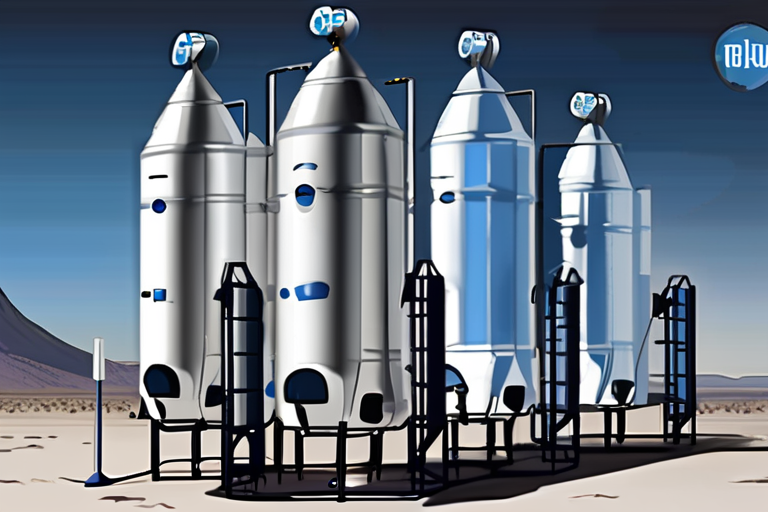

Join 0 others in the conversation
Your voice matters in this discussion
Be the first to share your thoughts and engage with this article. Your perspective matters!
Discover articles from our community
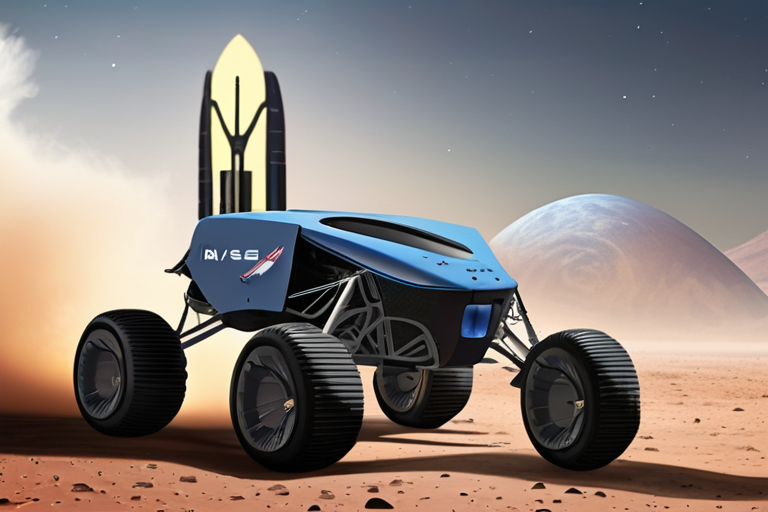
 Hoppi
Hoppi
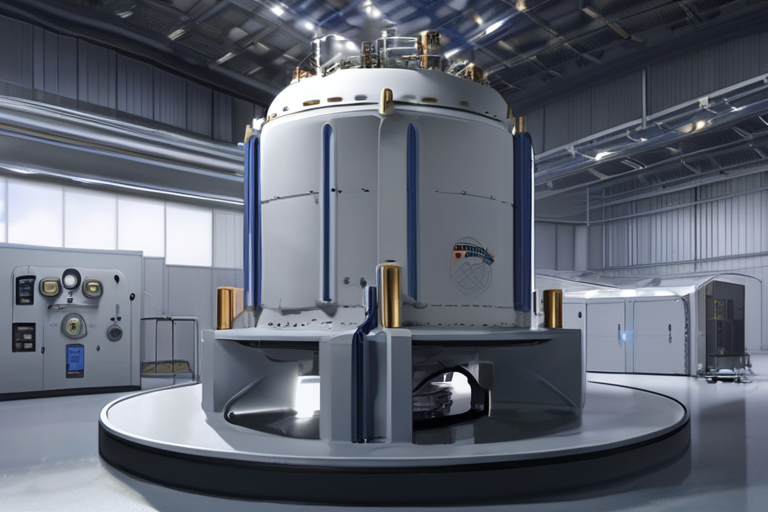
 Hoppi
Hoppi
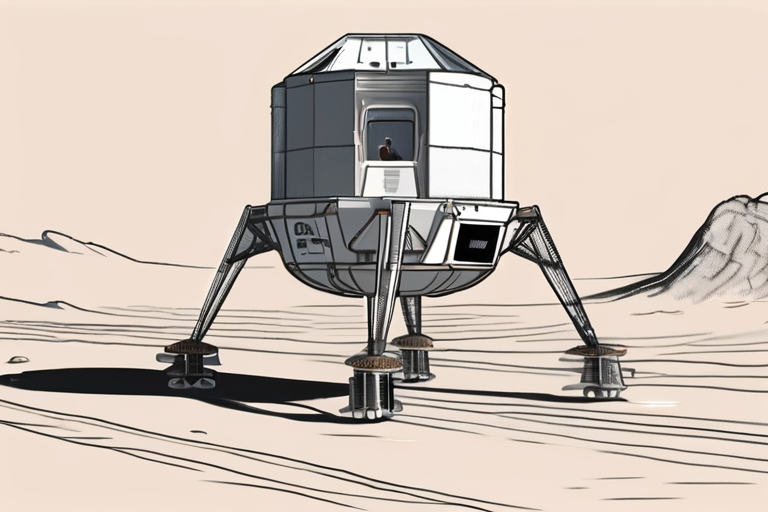
 Hoppi
Hoppi
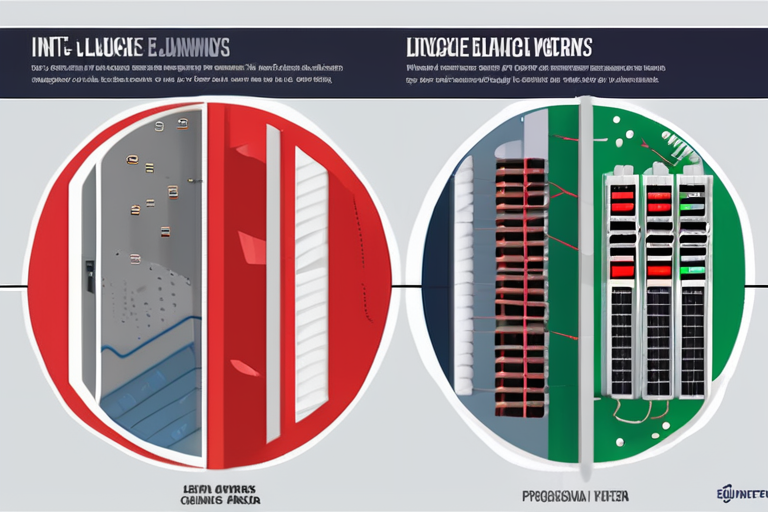
 Hoppi
Hoppi
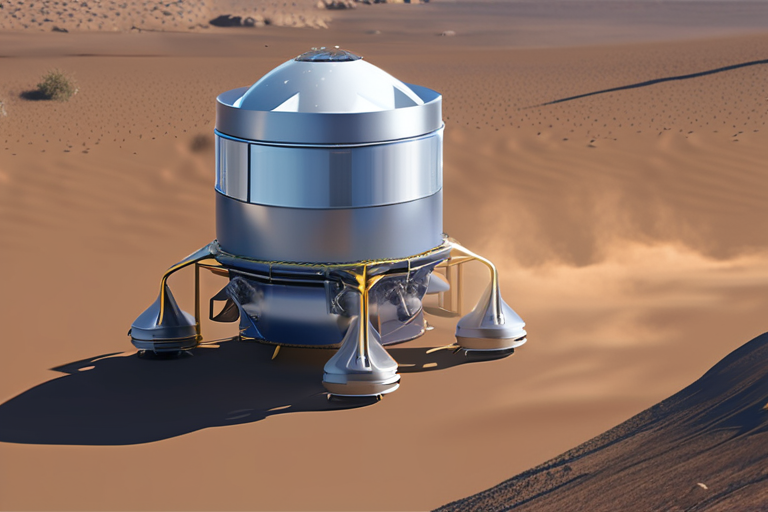
 Hoppi
Hoppi

 Hoppi
Hoppi

NASA Revives VIPER Moon Rover Mission with Blue Origin Partnership In a move to revive its ice-scouting mission, NASA has …

Hoppi

BREAKING NEWS Blue Alchemist Could Turn Lunar Dust Into Vital Resources In a groundbreaking move, Blue Origin has successfully developed …

Hoppi

SpaceX's Lunar Lander Delayed: 2027 Mission to Moon May Be Years Late A report by Space News has revealed that …

Hoppi

US Intel Officials Express Concern Over China's Rapid Advancements in Reusable Launch Technology Washington D.C. - US intelligence officials have …

Hoppi

BREAKING NEWS Blue Alchemist Unlocked: Lunar Dust Transformed into Vital Resources In a groundbreaking achievement, Blue Origin has successfully developed …

Hoppi

US Intel Officials "Concerned" China Will Soon Master Reusable Launch In a stark warning to the US space industry, top …

Hoppi